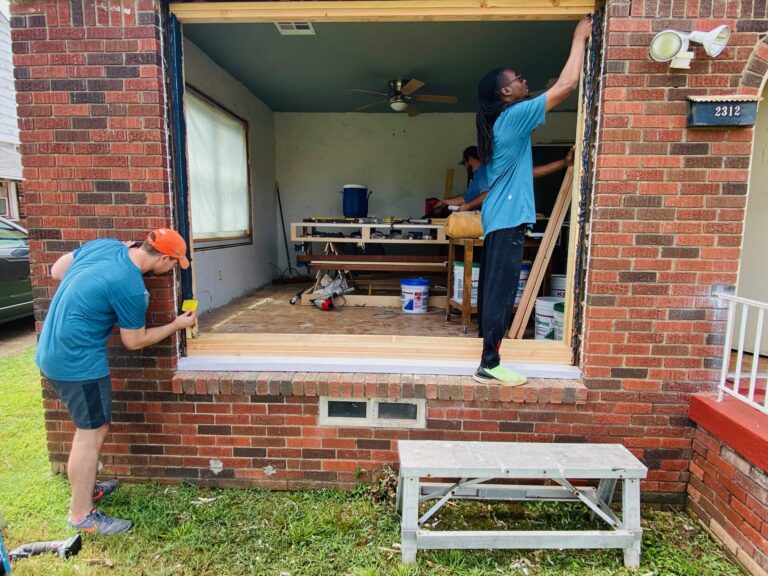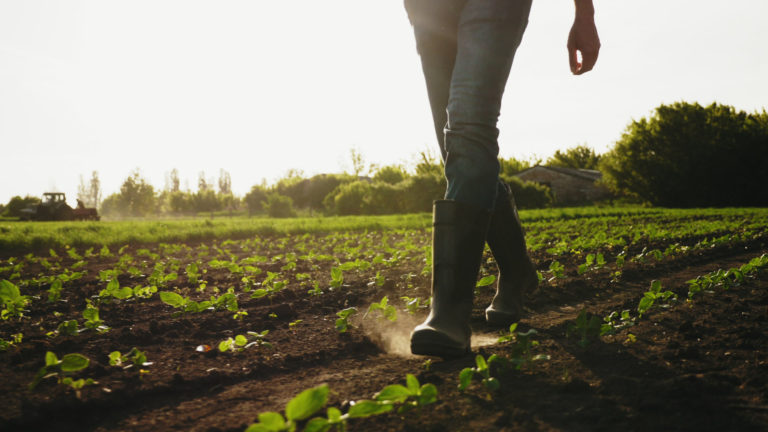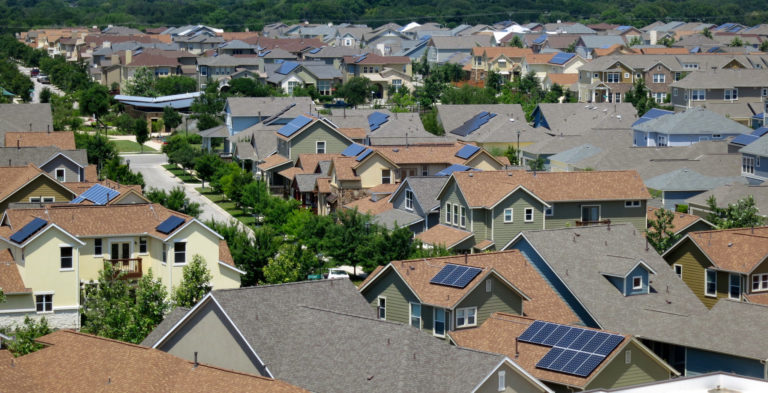March 5, 2021
Due to the winter storm and energy crisis in late February, we postponed our Black History Month blog series. We’re excited to be concluding the series now with a round-up of all our Black History Month blogs highlighting leading Black voices on climate, equity, and clean energy issues. Below you can read an expert from each blog and find a link to the full blog on our website. A big thank you to all of our guest authors for sharing their thoughts and for their dedication to advancing climate, equity, and clean energy issues.
Fisayo Fadelu: A Look at Water Equity in Black History Month
 “We have come a long, long way but we still have a long, long way to go”. (Dr. Martin Luther King, 1966 speech at the Southern Methodist University). Black History Month gives us an opportunity to acknowledge and celebrate the contributions of African Americans to American society. In each facet of American life, it is also a time for assessment and contrast—to measure the lived experiences of African Americans in their communities against our founding promises of opportunity and equality for all; to measure our strides and pace of progress towards the ideals we strive to attain. It is from this vantage point that Pecan Street is looking at the issue of water equity.
“We have come a long, long way but we still have a long, long way to go”. (Dr. Martin Luther King, 1966 speech at the Southern Methodist University). Black History Month gives us an opportunity to acknowledge and celebrate the contributions of African Americans to American society. In each facet of American life, it is also a time for assessment and contrast—to measure the lived experiences of African Americans in their communities against our founding promises of opportunity and equality for all; to measure our strides and pace of progress towards the ideals we strive to attain. It is from this vantage point that Pecan Street is looking at the issue of water equity.
John Hall: After 38 years in energy, environment, and social justice, John Hall is optimistic, with a catch.
 Because [race and energy are] inextricably connected, communities of color have a huge stake in energy. Even if you don’t work in the energy industry, your life is connected to it. For the last 100 years, energy has been the driving force behind the economy, especially here in Texas. The industry grew and prospered at the same time that black and other communities of color were politically disenfranchised, shut out of the growing economy and bore the brunt of the downsides of that growth. So today, power plants are more likely to be located in communities of color. People of color have lower homeownership, which means they have less authority over energy choices. They’re underrepresented in government, which means they have less say in the laws that limit pollution from energy. And they’re sorely underrepresented in the industry itself when it comes to leadership and jobs. The list goes on and on.
Because [race and energy are] inextricably connected, communities of color have a huge stake in energy. Even if you don’t work in the energy industry, your life is connected to it. For the last 100 years, energy has been the driving force behind the economy, especially here in Texas. The industry grew and prospered at the same time that black and other communities of color were politically disenfranchised, shut out of the growing economy and bore the brunt of the downsides of that growth. So today, power plants are more likely to be located in communities of color. People of color have lower homeownership, which means they have less authority over energy choices. They’re underrepresented in government, which means they have less say in the laws that limit pollution from energy. And they’re sorely underrepresented in the industry itself when it comes to leadership and jobs. The list goes on and on.
Dr. LaKisha Odom: What is the intersection of farming and ranching with climate?
 Historically, BIPOC farmers have experienced a legacy of discrimination contributing to disparities in access to loans, aid, and federal support. Systematic racism has resulted in real consequences, for example, based on the most recent Census of Agriculture, there are less than 35,000 Black farmers, and land ownership among Black farmers has fallen by an estimated 90 percent. Farms run by African Americans make up less than 2 percent of all of the nation’s farms today, down from 14 percent in 1920, because of decades of racial violence and unfair lending and land ownership policies (Tabuchi and Popovich 2021). These are realities that must be confronted head on as we work to create the future of agriculture—we must ask ourselves what kind of future do we want?
Historically, BIPOC farmers have experienced a legacy of discrimination contributing to disparities in access to loans, aid, and federal support. Systematic racism has resulted in real consequences, for example, based on the most recent Census of Agriculture, there are less than 35,000 Black farmers, and land ownership among Black farmers has fallen by an estimated 90 percent. Farms run by African Americans make up less than 2 percent of all of the nation’s farms today, down from 14 percent in 1920, because of decades of racial violence and unfair lending and land ownership policies (Tabuchi and Popovich 2021). These are realities that must be confronted head on as we work to create the future of agriculture—we must ask ourselves what kind of future do we want?
Rory Christian: States Remain in the Driver’s Seat of the Just Transition
 The Biden administration’s first weeks were filled with landmark moments in the fight against climate change. America rejoined the international community by recommitting to the Paris climate accord and made sweeping domestic policy changes, including a moratorium of leasing federal lands for fossil-fuel production and accelerating the process for permitting renewables. Collectively, these policies signal that the federal government is poised to take a leadership role in the fight against climate change – a role that has long been played by the states. The growing federal response to climate change will provide a much-needed backstop to state action, but state action will continue to remain key to achieving long-term goals.
The Biden administration’s first weeks were filled with landmark moments in the fight against climate change. America rejoined the international community by recommitting to the Paris climate accord and made sweeping domestic policy changes, including a moratorium of leasing federal lands for fossil-fuel production and accelerating the process for permitting renewables. Collectively, these policies signal that the federal government is poised to take a leadership role in the fight against climate change – a role that has long been played by the states. The growing federal response to climate change will provide a much-needed backstop to state action, but state action will continue to remain key to achieving long-term goals.


















